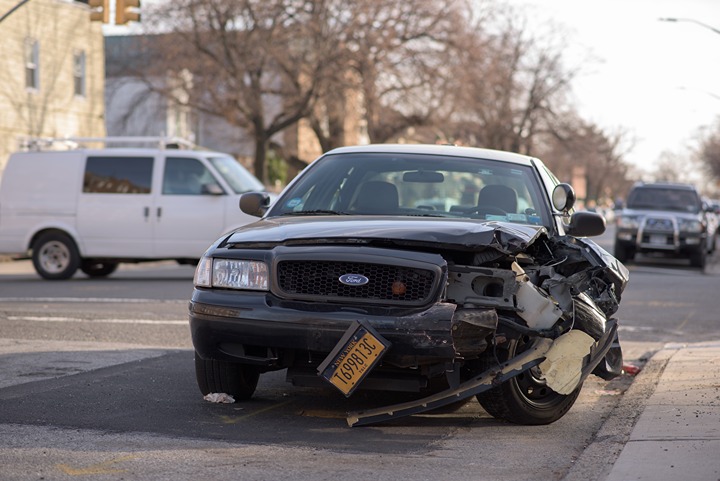
Vehicle accidents can leave victims with severe physical injuries, mounting bills, and other expenses. A car accident also takes an emotional toll on victims.
Many people suffer significant psychological trauma after a car accident.
In some situations, injured victims can pursue compensation for their emotional distress in Texas.
Contact a Texas car accident lawyer at Zimmerman Law Firm, P.C. today to learn more about suing for emotional distress.
Defining Emotional Distress
Emotional distress is the mental suffering you experience from a traumatic event like a car accident. There are two main types of emotional distress claims.
Intentional Infliction of Emotional Distress
Intentional infliction of emotional distress (IIED) occurs when someone intends to cause another person emotional distress.
This type of emotional distress is often seen in criminal acts, such as assault or nursing home abuse.
In general, IIED is not as common because only certain types of intentional or reckless acts committed by the defendant will qualify.
Negligent Infliction of Emotional Distress
Negligent infliction of emotional distress (NIED) is more common and applies to many types of personal injury cases, including car accidents.
This type of emotional distress occurs because of the other party’s negligent actions. The defendant did not have to intend to cause emotional distress to be liable for NIED.
Identifying Emotional Distress Symptoms
Emotional distress manifests itself in various ways. It’s common for victims to display multiple symptoms. These symptoms often include:
- Anxiety,
- Post-traumatic stress disorder,
- Depression,
- Feelings of helplessness or hopelessness,
- Lack of energy,
- Panic attacks,
- Insomnia or sleeping excessively,
- Suicidal thoughts,
- Unexplained pains or headaches,
- Development of eating disorders or substance abuse problems, and
- Guilt.
Other symptoms can also develop, especially in children. For example, perhaps your child isn’t doing as well in school, or maybe they have become aggressive or disruptive.
Withdrawing from activities and family can also be a sign of emotional distress. Watch for sudden changes in your child’s behavior after an accident, so you can spot the signs of emotional distress and seek treatment.
Can You Sue for Emotional Distress?
You can only file an emotional distress lawsuit in Texas for NIED if you also suffered a physical injury. An emotional distress claim is not usually filed as a separate lawsuit.
It will be part of your personal injury lawsuit.
Your total damages will account for your emotional injuries and your economic injuries. That means you must provide evidence of your emotional distress damages.
Important pieces of evidence in an emotional distress claim include:
- Medical records, bills, and doctors’ notes;
- Accident and injury photographs;
- Results of medical evaluations by mental health professionals; and
- Expert witness testimony.
Keeping a journal is also wise. You can log your daily symptoms and record notes about how the accident is impacting your life.
A journal can also help you remember essential details if your case ends up in litigation a year or two after the accident.
Texas also recognizes bystander actions for emotional distress claims. However, there are specific requirements a bystander must meet to qualify:
- The plaintiff was near the scene of the accident;
- The plaintiff suffered an emotional injury because they directly observed the accident; and
- The plaintiff had a close relationship with the victim.
Bystander claims are even more challenging to prove than emotional distress claims. Hiring a lawyer is crucial if you are pursuing bystander action.
Contact a Texas Car Accident Lawyer Today
If you suffered emotional distress following a car accident, please speak with a Texas car accident lawyer at Zimmerman Law Firm, P.C. as soon as possible.
We know what it takes to make your emotional distress claim as strong as possible. Our experienced injury attorneys will help you gather evidence, identify the responsible parties, and give you the personal attention you deserve.
When you meet with us, you’ll be meeting with an experienced personal injury attorney, not a paralegal. Let us put our years of experience to work for you and your loved ones.
Contact us today online or by phone to schedule a free initial consultation.


